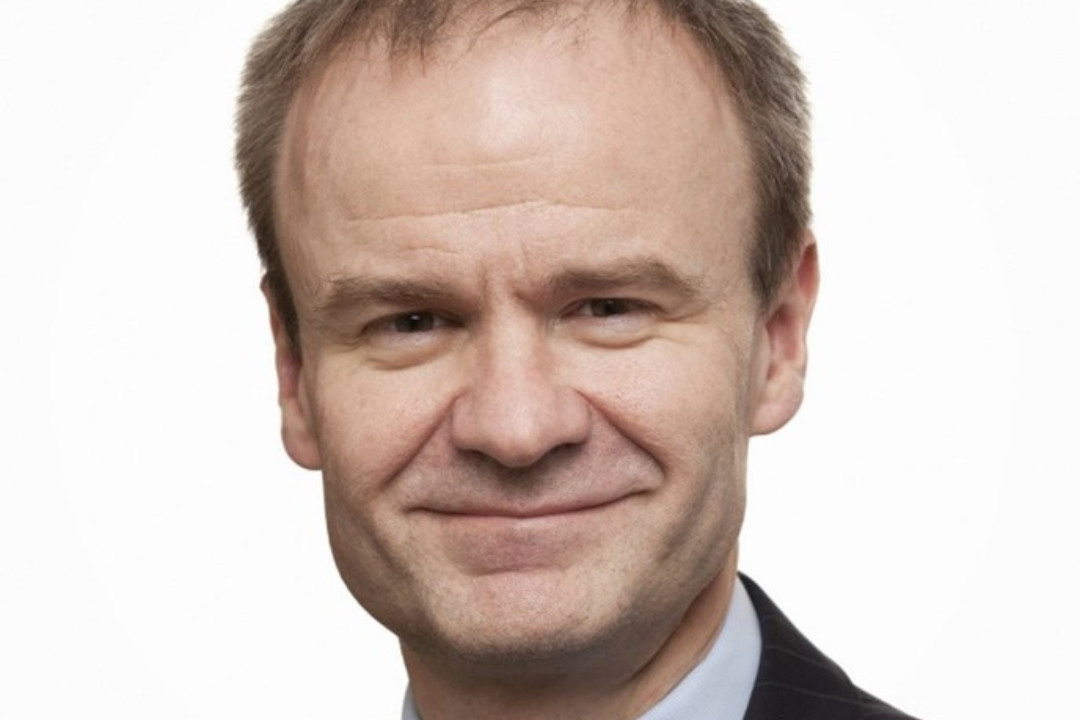University College London

Professor Jason Warren grew up in Adelaide, Australia where he completed his early medical training, including an intercalated BSc(Hons) in human neurophysiology. He moved to the UK as the Australasian Fellow to the National Hospital for Neurology and Neurosurgery, Queen Square, where he completed general neurology training (FRACP 2000).
He then trained in cognitive neurology and dementia with Martin Rossor in the Dementia Research Centre at UCL’s Queen Square Institute of Neurology, which has been his academic home ever since.
More about Jason’s work
Following completion of a PhD in auditory functional imaging at the Wellcome Centre for Human Neuroimaging with Tim Griffiths (2005), he was appointed consultant neurologist to the National Hospital and established the Brain Behaviour Group within the Dementia Research Centre principally to study the interface of hearing and dementia, using cognitive neuropsychology, physiological recordings and structural and functional neuroimaging. His work was supported by consecutive Wellcome Intermediate (2006) and Senior (2010) Clinical Fellowships.
He has been Professor of Neurology at UCL since 2014 and jointly runs the Specialist Cognitive Disorders Clinic at the National Hospital. His research group uses complex sound as a paradigm to understand disordered information processing in neurodegenerative disease. Special interests include the progressive aphasias, auditory and emotional cognition in dementia, the neurology of music in dementia and functional imaging of neurodegenerative diseases.
Improving real-world hearing for people with dementia
Read about Jason’s research projectJason’s approaches to hearing research
Speaking for my own area within hearing research, the recent recognition that hearing impairment is one of the most important associations of cognitive decline and dementia has really transformed public awareness and scientific and clinical interest in the link between brain and ears. But there is a long way yet to go.
I hope better understanding of auditory brain dysfunction in dementia will lead both to new tests to assess real-world hearing in people at risk of dementia and new strategies for improving communication in their daily lives.
I believe the fundamental importance of our brains for successful hearing – particularly in the noisy, highly challenging listening environments of everyday life – is still under-appreciated by researchers in the hearing and dementia communities. I really hope projects like ours will help to change this perspective – and get these communities working more closely together.
From a dementia perspective, the lack of widely available, validated, robust and sensitive tests of central hearing (auditory brain function) is a wasted opportunity for early diagnosis and a major obstacle to developing and assessing new and more effective treatments.